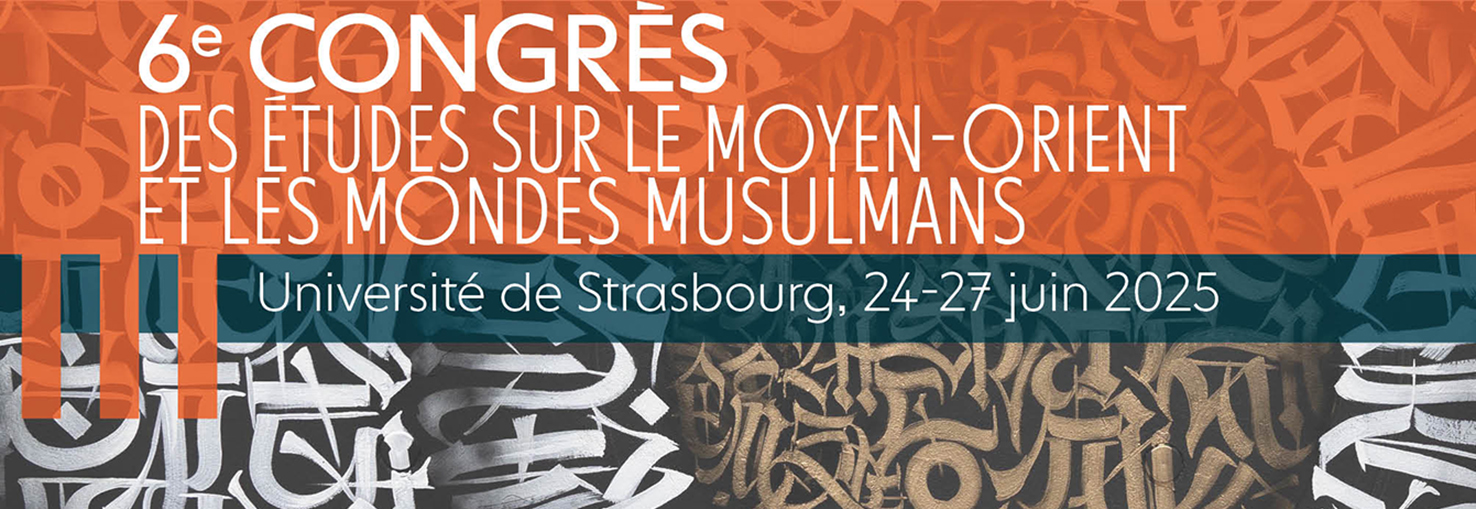Vendredi 27 juin 2025, 11h00-13h00, Salle 3R-04
RESPONSABLE :
Corten Pérez-Houis (UMR 8504 Géographie-Cités, Lab'urba
INTERVENANTS :
David Goeury (Haute École de Suisse occidentale, HES-SO Genève) : Les métabolismes agri-urbains, entre subsistance, circuit court et élevage. Le cas de Tiznit Agri-urban
Metabolisms between subsistence, short food supply chains, and livestock farming. The case of Tiznit
Rafik Boussaïdi (ENSA-PLV) : Quelles appropriations pour quels modes de gouvernance de l'agriculture urbaine ? Cas de la ville d'Alger
What appropriations for which modes of governance of urban agriculture? The case of the city of Algiers
Clarisse Genton (Université Paris-Est, Laboratoire ACS) : Des oasis voraces : Les effets environnementaux de la construction des colonies israéliennes en territoires occupés
Voracious oasis: The environmental effects of Israeli settlement construction in the occupied territories
Margot Abord De Chatillon (Université Gustave Eiffel, Laboratoire AME-SPLOTT) : Faire sa place dans la ville informelle : Travailleurs du transport de marchandises dans le quartier de Derb Omar à Casablanca
Making it through the informal city: Delivery workers in the neighbourhood of Derb Omar, Casablanca
- Poster




